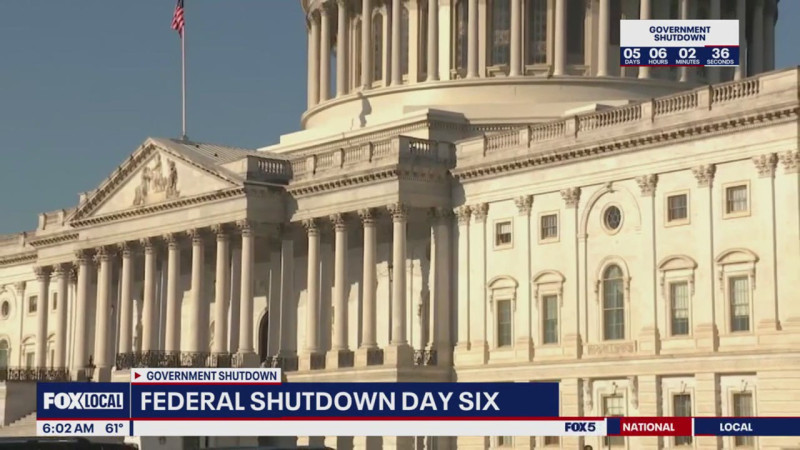The U.S. government shutdown, now in its second day as of October 2, 2025, shows little sign of abating. Congress failed to pass a funding bill by the midnight deadline on September 30, triggering the partial closure that's affecting millions. Indeed, the impasse stems largely from partisan clashes over federal spending priorities for 2025, with Democrats insisting on protecting Affordable Care Act subsidies and Republicans pushing for cuts that align with President Trump's agenda. This isn't just rhetoric; it's halting operations across key agencies.
At the heart of the dispute is Russ Vought, the influential budget hawk and former Office of Management and Budget director under Trump, who's reportedly advising on the administration's hardline stance. Vought has long advocated for trimming what he calls wasteful programs, and his voice seems to be echoing in the White House's threats of mass federal layoffs if Democrats don't budge. However, such moves risk deepening the divide, as Senate Democrats rejected a Republican funding plan late Wednesday, leaving no new talks scheduled.
What exactly is a furlough in this context? It's essentially a forced, unpaid leave for non-essential federal workers—hundreds of thousands are already sidelined, from park rangers to IRS staff. This shutdown, the first in nearly seven years, echoes past ones like the 35-day impasse in 2018-2019 over border wall funding, which cost the economy billions. Back then, it was all about immigration; now, it's health care and fiscal restraint clashing head-on.
On the ground, impacts are rippling out. Social Security checks will continue for now, thanks to prior appropriations, but new claims and services at SSA offices are grinding to a halt—beneficiaries might face delays in processing. In Cincinnati, local federal workers are bracing for uncertainty; the area's VA hospitals and IRS centers could see reduced staff, straining services for veterans and taxpayers alike. Moreover, air travel might snag with fewer FAA inspectors, and national parks are closing gates.
Yet, essential services like mail delivery and military paychecks persist, a small mercy in the chaos. As negotiations stall, one wonders how long this brinkmanship will test the nation's patience before a deal emerges.

